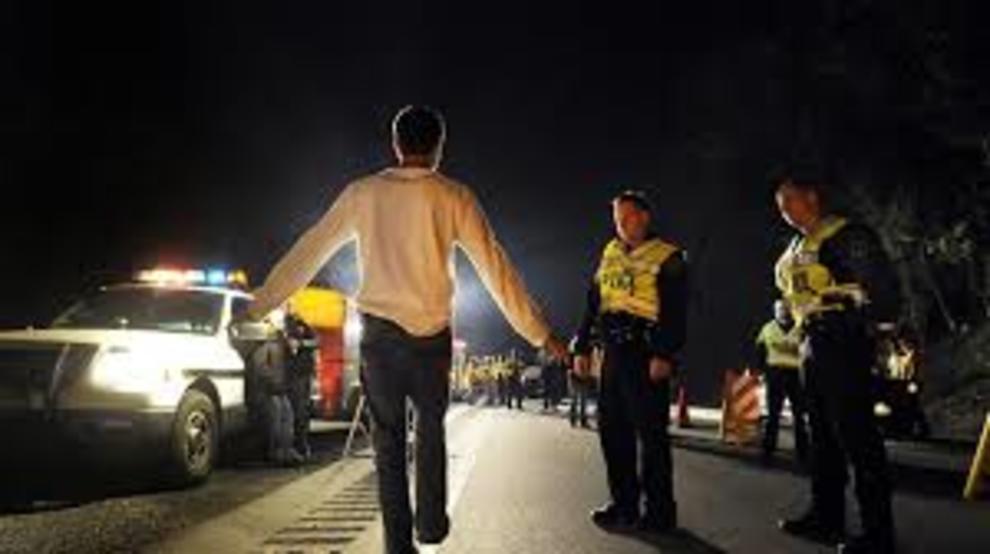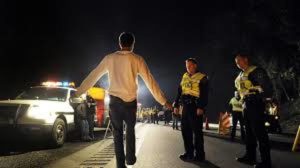Can The Whole Family Get on The Same Page?

This Allies in Recovery member wants to help her brother, but lives far away and has limited contact. Their parents are having a hard time accepting the situation, and after a recent DUI, they went as far as asking the arresting officer to hide the drug evidence. She wants her family to come together as they deal with her brother’s Substance Use Disorder (SUD) but so far, they have a fractured approach. This post originally appeared on our Member Site blog, where experts respond to members’ questions and concerns. To take advantage of our current special offer and get full access to the Allies in Recovery eLearning program for families, click here.

“My brother, who is addicted to heroin and is using other substances, seems to be in a dramatic downward spiral. Just last week, his divorce proceedings began and he lost custody of his child, though retaining the right to supervised visits. Drugs were not mentioned at the court appearance because he agreed to the terms so no evaluation was mandated. My parents seem stunned and traumatized by his behavior in the days since and don’t seem ready (in their shock and fear) to move forward with any changes — my father did call the police because my brother took off in the car drunk and high. He was stopped and arrested, but the arresting officer did my dad the “favor” of not reporting the drug paraphernalia (pipe, spoon, syringe) that was in the car on the police report. Since my dad bailed him out, my brother has gone on at least one other binge — sending very, very disturbing text messages to my parents. At the same time, my brother has expressed deep regret after his binges. I live in a different state and am not able to speak with my brother by phone because he lives in the country with no cell phone reception and no landline. Because this is my brother’s first DUI arrest, I am worried that the judge will choose not to mandate a drug evaluation as it is not required by law for the first DUI. I am considering contacting the district attorney or the judge, asking for anonymity, to convey my concern that my brother is suffering from serious addiction and requesting that the judge mandate a drug assessment. Is this a good idea? Are there potential negative ramifications? This seems like a moment when bringing the justice system in might be good, especially given the paralysis that seems to be gripping my parents at precisely a moment when I think my brother may be at a “low” and open to change. And also at a moment when he seems to be slipping into using other substances — crack? meth? — with potentially even worse effects than heroin. I’d greatly appreciate your advice on this potential course of action. I am going to talk it over with my sister, but I don’t know about with my parents. Would I be wracked with guilt if I did not tell them? I just don’t know.”
Dominique Simon-Levine provides options for this worried sister
The fact your brother using drugs is a recent discovery must be a shock. Your parents are less able to take in the immensity of the problem and the strategies the family can put in place. It is not unusual for family members to be at different places with regards to the addiction or possible solutions. Before going online, when we only offered CRAFT in our offices in downtown Northampton, we saw how difficult it was to get all family members to come in for one or more appointments. CRAFT as we teach it online provides a pretty low threshold for family members to get some training and education.
Getting the family on the same page
It is best if all family members can agree on the nature of the addiction problem, the limits you can each set, and the need to step in when one of you sees your brother not using. It is also best when everyone can agree on treatment as the main goal. This unity is hard to orchestrate. Sometimes this is because parents are elderly or a family member is too angry, or too overwhelmed to take in new information. So be it. Your brother was bailed out; the police hid the evidence that would have made the charges more serious. There were a couple missed opportunities for natural consequences to play out. Other opportunites, unfortunately, are likely to present themselves for you all to practice allowing natural consequences. Things move fast with addiction.
Getting the justice system involved
In terms of talking to the criminal justice system, we do suggest you try. We have had family members get on the phone with defense attorneys. The ones we like are those more willing to help the loved one get treatment and therefore push for continuance without a finding (CWAF) and probation, with mandated treatment. Be prepared though to hear from an attorney that this is not their role. A defense attorney typically does what is best for their client to get off (therefore probably by pleading not guilty), not to necessarily get help. Talking to the judge or the social worker are probably good options too, though we don’t have any first-hand experience to report. Let us know what you learn. Your brother will likely be upset if he finds out you are speaking to people. Some family members feel it is a line of respect they don’t wish to cross. We always suggest that the family try. Our argument is that addiction isn’t fair, so why play fair, and the system isn’t designed to push people into recovery, though this is changing. Jails across this country are becoming de facto treatment centers. The jail I work in has an entire section devoted to behavioral health, and provides MAT (medication assisted treatment) for opiate addiction prior to release. We are getting federal grants to develop a knitted system of care once released that catches people and provides comprehensive treatment services that include help with housing and jobs. Your parents don’t need to know what you are doing behind the scenes. It is hard from a distance to create the environment conducive to your brother’s recovery. Addiction is a strong foe. This is not a fair fight. A membership at Allies in Recovery brings you into contact with experts in the fields of recovery and treatment for drug and alcohol issues. Our learning platform introduces you to CRAFT and guides you through the best techniques for unblocking the situation. Together we will move your loved one towards recovery. Learn more here.
